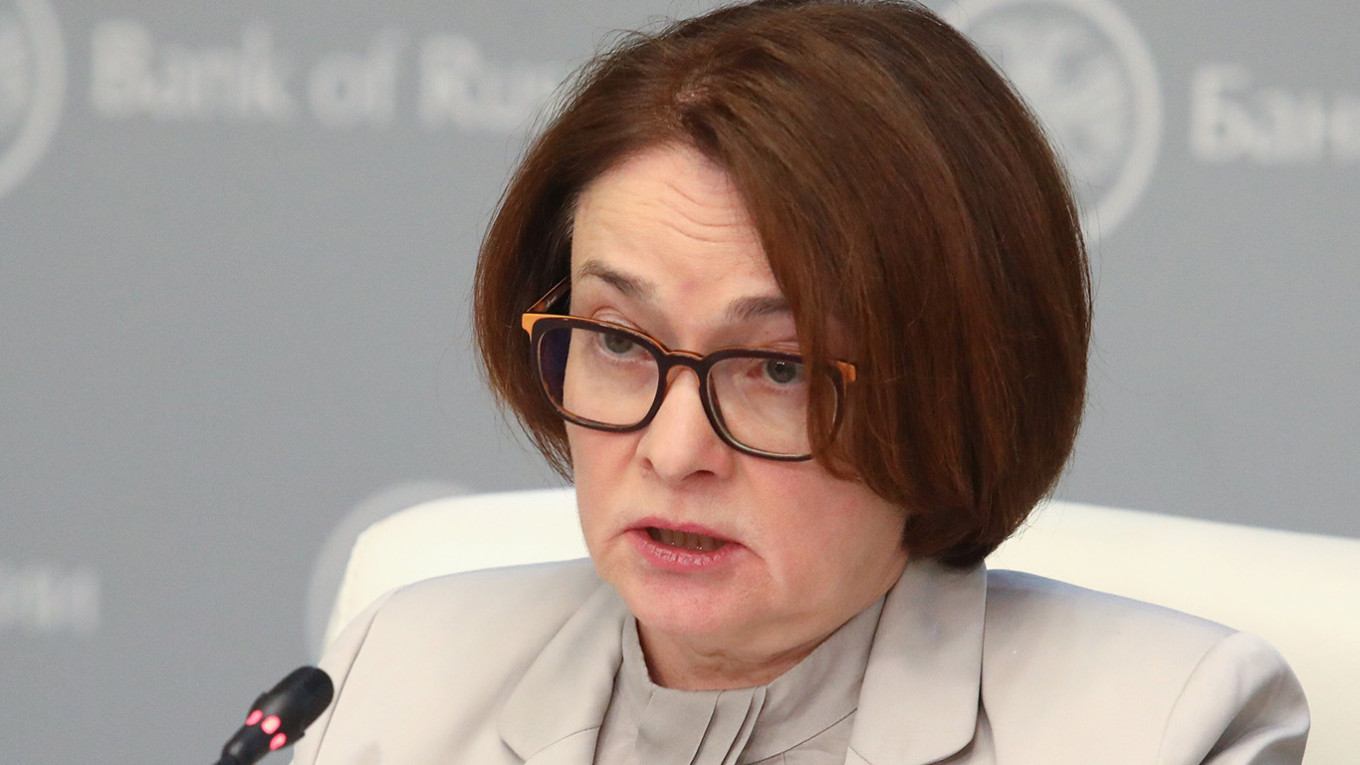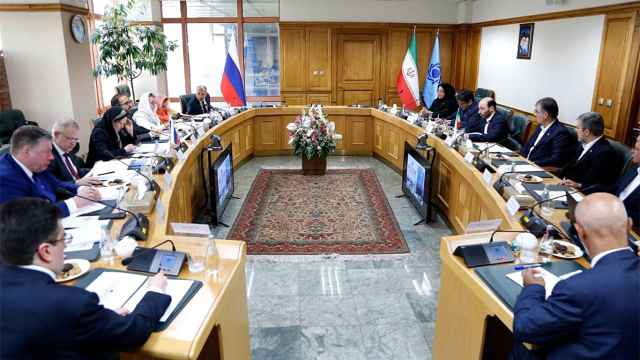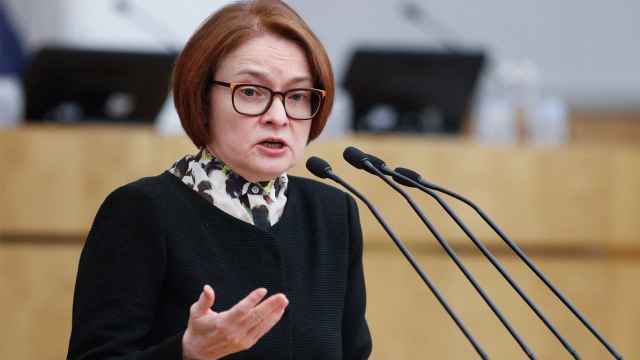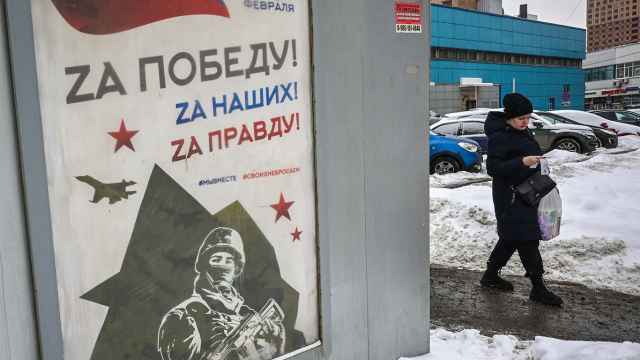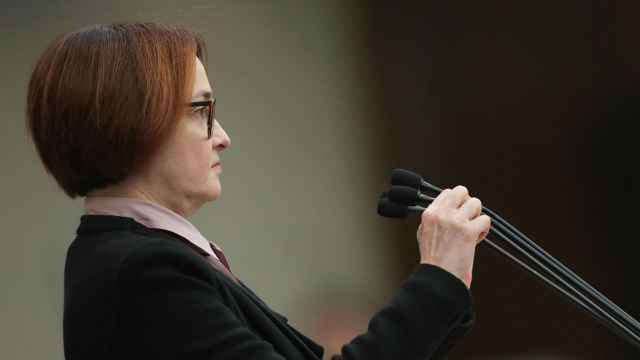The Russian Central Bank’s decision to raise interest rates to their highest level in two decades has so far failed to slow rising inflation, the regulator acknowledged in a bulletin published Wednesday.
The Central Bank raised its key rate to a record-high 21% in October 2024 as inflation, sanctions pressure and record defense spending for the war in Ukraine put the economy at risk of overheating.
“There are still no signs of a transition to a sustainable slowdown in price growth,” the Bank wrote in its report, titled “What the Trends Are Saying: Macroeconomics and Markets.”
Inflation in Russia surged to 9.5% in December, with year-over-year product price growth exceeding 11% — the highest level in nine years.
Annual inflation reached 14.2% in December — more than double that of the same month of 2023 — while annual food inflation climbed to 22.9%, nearly three times the level recorded in December 2023, the Bank's report said.
January brought little relief, with prices rising by 1.14% in the first three weeks of the year and pushing annual inflation into the double digits (10.14%, according to calculations by Interfax) for the first time in two years.
The Central Bank cited Western sanctions, a disappointing harvest and the ruble’s decline in value as key drivers of inflation.
Consumer demand remains strong, fueled by government spending on military contractors and the defense industry, the Bank said. It noted that demand continues to outpace the economy’s ability to supply goods and services.
The Russian economy’s production capacity and labor resources are “exhausted,” the Central Bank said, adding that “continued rapid growth is impossible” under these conditions.
At the same time, Russia’s GDP grew by approximately 4% last year, according to the Bank’s estimates, while unemployment remains at historic lows and wages continue to rise steadily.
Under these circumstances, the Central Bank warned that it would need to maintain tight monetary policy “for a long time.”
At its December meeting, the Central Bank unexpectedly held its key interest rate steady at 21% after Governor Elvira Nabiullina was reportedly pressured by Russia’s elites to not raise rates further.
The Central Bank will hold its next rate meeting on Feb. 14.
A Message from The Moscow Times:
Dear readers,
We are facing unprecedented challenges. Russia's Prosecutor General's Office has designated The Moscow Times as an "undesirable" organization, criminalizing our work and putting our staff at risk of prosecution. This follows our earlier unjust labeling as a "foreign agent."
These actions are direct attempts to silence independent journalism in Russia. The authorities claim our work "discredits the decisions of the Russian leadership." We see things differently: we strive to provide accurate, unbiased reporting on Russia.
We, the journalists of The Moscow Times, refuse to be silenced. But to continue our work, we need your help.
Your support, no matter how small, makes a world of difference. If you can, please support us monthly starting from just $2. It's quick to set up, and every contribution makes a significant impact.
By supporting The Moscow Times, you're defending open, independent journalism in the face of repression. Thank you for standing with us.
Remind me later.


